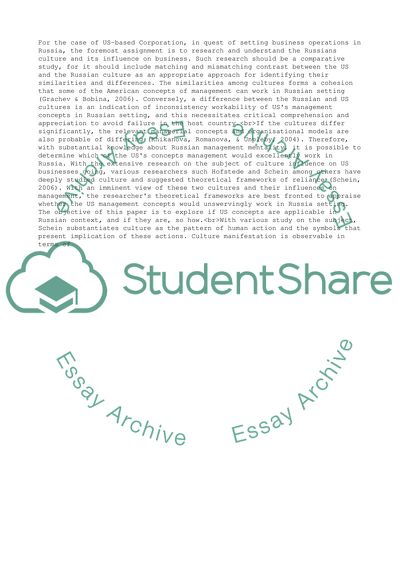Cite this document
(Can American Management Concepts Work in Russia Assignment, n.d.)
Can American Management Concepts Work in Russia Assignment. https://studentshare.org/management/1855455-can-american-management-concepts-work-in-russia
Can American Management Concepts Work in Russia Assignment. https://studentshare.org/management/1855455-can-american-management-concepts-work-in-russia
(Can American Management Concepts Work in Russia Assignment)
Can American Management Concepts Work in Russia Assignment. https://studentshare.org/management/1855455-can-american-management-concepts-work-in-russia.
Can American Management Concepts Work in Russia Assignment. https://studentshare.org/management/1855455-can-american-management-concepts-work-in-russia.
“Can American Management Concepts Work in Russia Assignment”. https://studentshare.org/management/1855455-can-american-management-concepts-work-in-russia.


